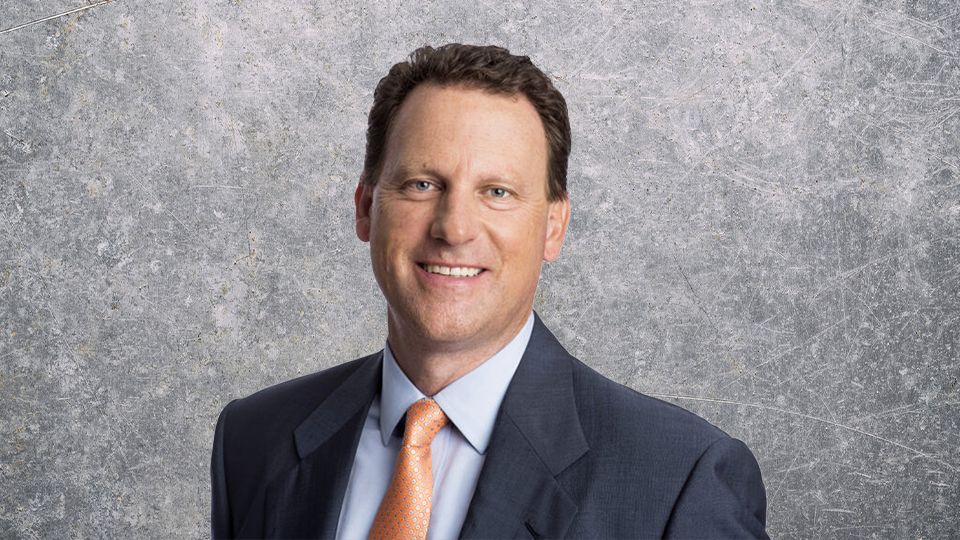Calvert Research and Management was an early pioneer in ESG before the term was even coined, and was the first US investor to shun South African companies in the 1980s to protest apartheid. Today it channels $34.8bn of investor money towards responsible companies utilizing research, low-cost passive investments and shareholder pressure.
Here, managing director, responsible investment strategy, Anthony Eames (pictured), talks to ESG Clarity US about Calvert’s new range of ETFs, why investor initiatives without targets “ring hollow” and what has kept him at the DC-based firm for nearly three decades.
Calvert recently launched its first ETFs, four passive and two active. How is it going?
We’re only about three months in but are up to $277m or so in assets. Before this launch, a lot of our assets were in mutual funds. We love the mutual fund business…but it’s very much a 20th century invention. ETFs are an increasingly popular and attractive way for people to invest. I feel like we burst into the 21st century with the launch of these six ETFs.
What has the investor reaction been like?
The Calvert US Large-Cap Diversity, Equity and Inclusion Index ETF (CDEI) has generated the most interest in conversations with clients. It is quite unique in that it’s an ETF offering of our diversity, equity and inclusion index. That really started in 2020 with the social unrest and police brutality in the US, so we developed our indices to focus on how companies are doing on their diversity and ability to offer an inclusive culture. It is very competitively priced, and we donate two basis points’ [worth of money] to a diversity-oriented nonprofit.
We think about how companies are managing not just gender diversity, but ethnic and racial diversity and other forms, such as age and skill set. We borrowed a concept from sociology called ethnic fractionalization, which is the likelihood that two randomly selected people – in this case on a board – are from a different ethnicity. Our research found that companies that do a better job on diversity actually have a better performance, so there’s a very strong and compelling business case there.
How harmful is the anti-ESG movement in the US to the responsible investment movement?
Frankly, it’s not having a big impact on our business. We’ve had positive sales last year and so far this year. Certain politicians are using this platform to rally their base for political purposes. [That] misses the point because a fiduciary’s responsibility is to consider all the various risks and opportunities that companies face, which include ESG factors. We know that there are many, many investors who expect and desire investment managers to continue to focus on these issues.
Calvert is a member of the Net Zero Asset Managers initiative (NZAM). How effective are these industry initiatives? Asset managers – including 25 NZAM members – ignored climate pledges to invest $400bn in oil and gas. Vanguard quit last year, and ESG Clarity’s research found that many asset managers’ net-zero commitments might not have much real-world impact.
Making a commitment to these initiatives is an important show of support to clients and stakeholders, but without real targets and milestones it can ring hollow. When we adopted our principles-based approach, we looked at the exposures and long-term risks of many of the companies that are heavily connected and leveraged to the fossil fuel industry. We have not invested in fossil fuels since 2015.
[At Calvert], we’re very focused on identifying companies that have the most credible plan. The more credible the plan, the higher the issue is for management. That could also equal a very interesting investment opportunity as well, and then our engagement team further presses those companies to improve.
Calvert turned 47 this year. You’ve been at the firm in one form or another for 27 years. What’s the draw?
It’s very purposeful investing. There aren’t a lot of places in the investment business where you can identify an investment company that has really tried to tackle society’s big challenges with the power of capital.








